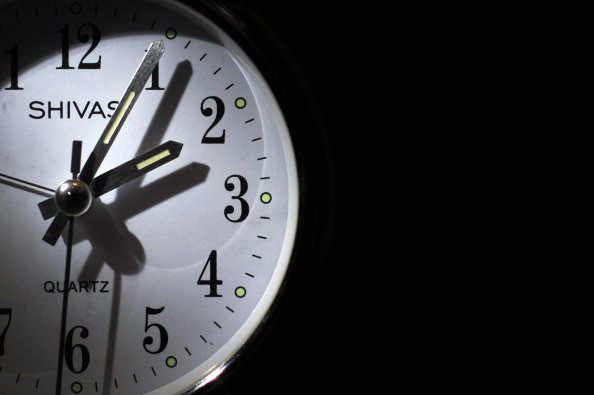This is the reason you are always late - according to science
Studies show certain personality traits lead to chronic lateness.

If you are someone who is consistently late for work, appointments and social events, it may please you to know that science has a perfectly rational explanation for your behaviour - and why it is so hard to break the habit.
Studies have shown that certain personality traits can lead to chronic lateness - even when we are aware of the negative consequences.
"There are all sorts of disincentives and punishments for being late and the paradox is we're late even when those punishments and consequences exist," Justin Kruger, a social psychologist at New York University's School of Business, told the Wall Street Journal.
One of the traits is that many people are simply bad at accurately judging how long a task will take. This is known as the planning fallacy. On average, people tend to underestimate how long a task will take by 40%, according to research.
Other studies have shown that people who are multitaskers tend to be late. A 2003 study by researchers at San Diego State University found that of 181 New York subway operators those who preferred multitasking were commonly late to work unlike those who performed one task at a time.
The same team of scientists found that people could be split into Type A and Type B personality types, based on how they perceive time. Type As are achievement-oriented, highly-strung and more likely to be on time. Type Bs, on the other hand, tend to be laid back and are more likely be late.
The study showed that Type As felt a minute pass in 58 seconds whereas the figure was 77 seconds for Type Bs. Over longer periods, this difference in perception can make a significant difference.
Science offers some suggestions to improve time-keeping.
If you always underestimate the time it takes to complete tasks, break down an activity into small steps or mentally picture a task beforehand, that can make it easier to gauge how long it will take overall.




















